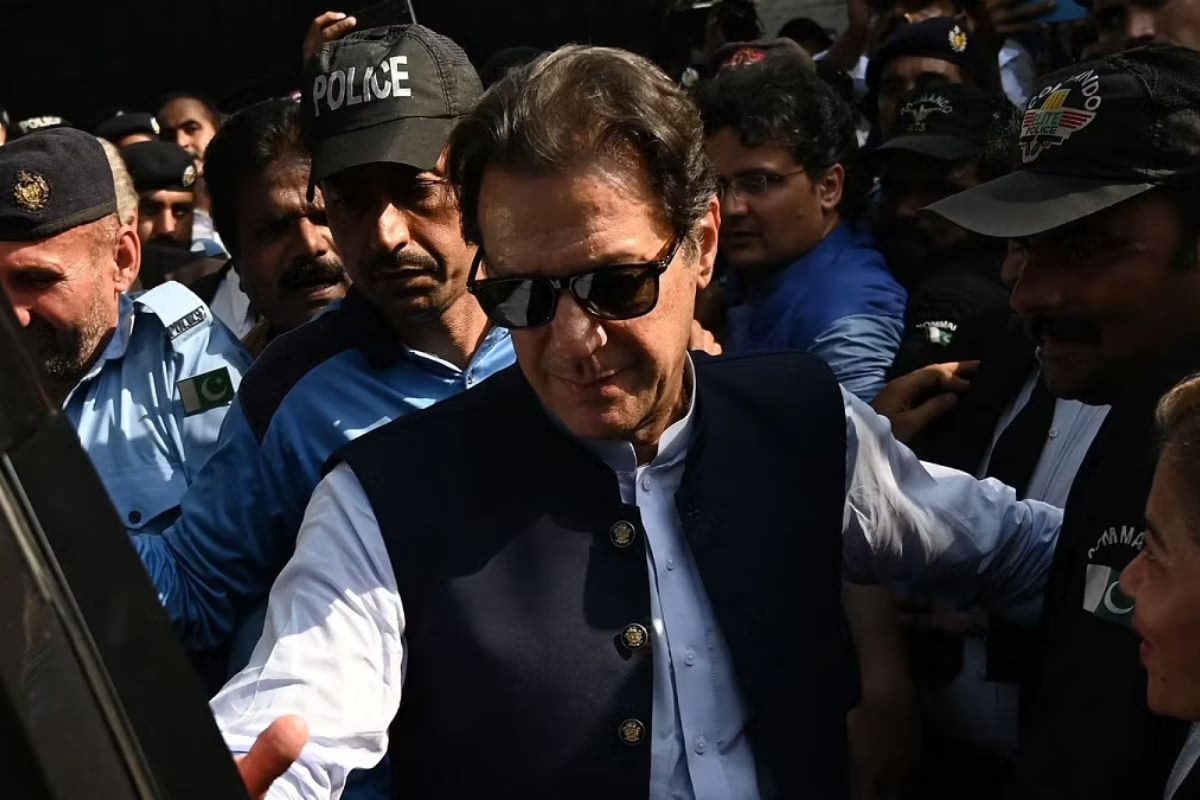The eagerly anticipated investigation report pertaining to the wheat import scandal has yet to reach Prime Minister Shehbaz Sharif’s desk, sparking concerns over potential delays and the scope of the inquiry. Following a recent cabinet meeting, Kamran Ali Afzal, the head of the investigation committee, cited an expansion in the terms of reference as the primary reason for the prolonged timeline, indicating that additional time is required to compile the comprehensive report. Despite repeated inquiries about the expected timeline for submission, Afzal remained unable to provide a definitive answer, leaving stakeholders in suspense.
The investigation into the wheat import scandal, which has gripped the nation with its far-reaching implications and allegations of misconduct, has faced numerous challenges and obstacles along the way. Prime Minister Shehbaz Sharif’s directive to expedite the submission of the investigation report by May 6 had heightened expectations for swift action and accountability. However, the failure to meet this deadline has raised questions about the efficacy and transparency of the investigative process.
Kamran Ali Afzal’s remarks dismissing reports of summoning the former caretaker prime minister for questioning have added another layer of complexity to the ongoing investigation. While denying rumors of impending interrogations, Afzal sought to dispel speculation surrounding the scope and focus of the inquiry. However, the absence of concrete updates or progress reports has fueled skepticism and fueled concerns about the integrity of the investigative process.
The wheat import scandal, which has been mired in controversy and allegations of corruption, represents a significant challenge for the government and a test of its commitment to accountability and transparency. Prime Minister Shehbaz Sharif’s vow to hold those responsible for the scandal accountable has been met with anticipation and scrutiny from the public, who are eager to see justice served and restitution made for any wrongdoing.
As the deadline for the submission of the investigation report looms, the pressure on the investigative committee to deliver a thorough and impartial assessment of the wheat import scandal continues to mount. The credibility of the investigative process hinges on the committee’s ability to conduct a comprehensive review of the facts, identify any lapses or irregularities, and recommend appropriate measures to address the underlying issues.
In light of the challenges and complexities involved in investigating a scandal of this magnitude, it is imperative for the government to prioritize transparency, accountability, and due process. Any delays or obstacles encountered along the way must be addressed promptly and transparently to maintain public trust and confidence in the integrity of the investigative process.
As stakeholders await the submission of the investigation report, there is a pressing need for clarity, accountability, and decisive action to address the underlying issues and ensure justice for those affected by the wheat import scandal. Only through a concerted effort to uphold the principles of transparency and accountability can the government restore public trust and confidence in its ability to govern effectively and ethically.



